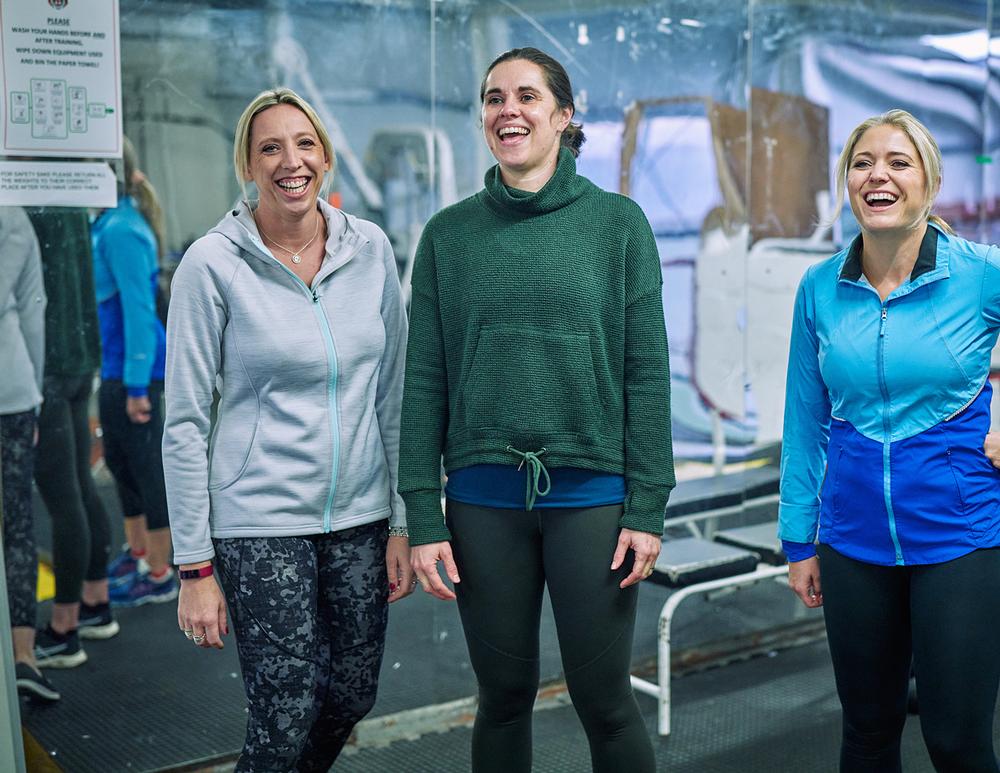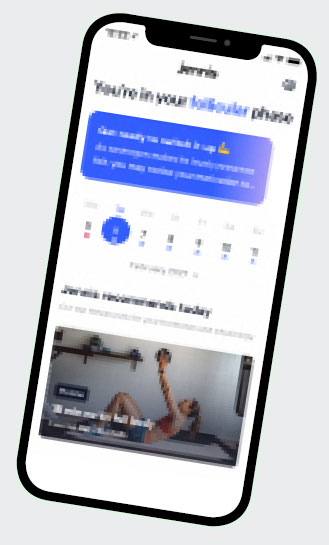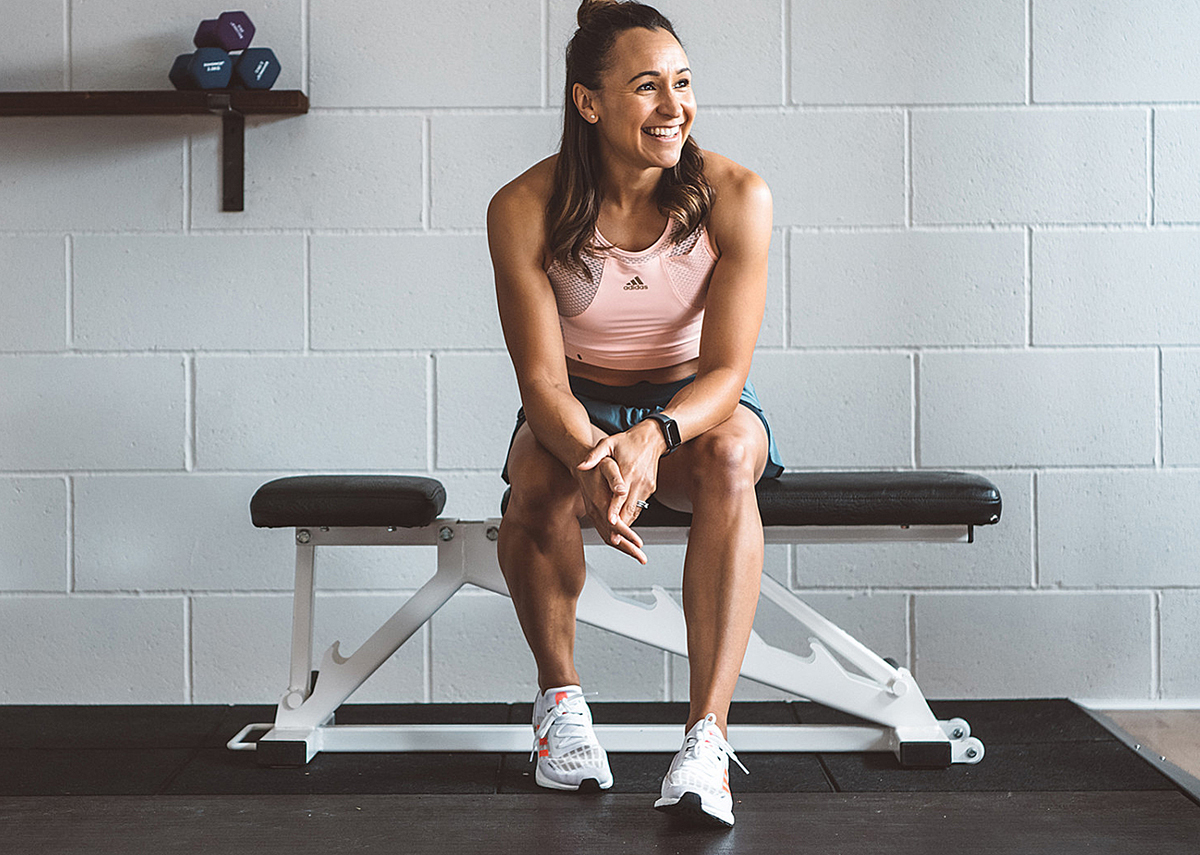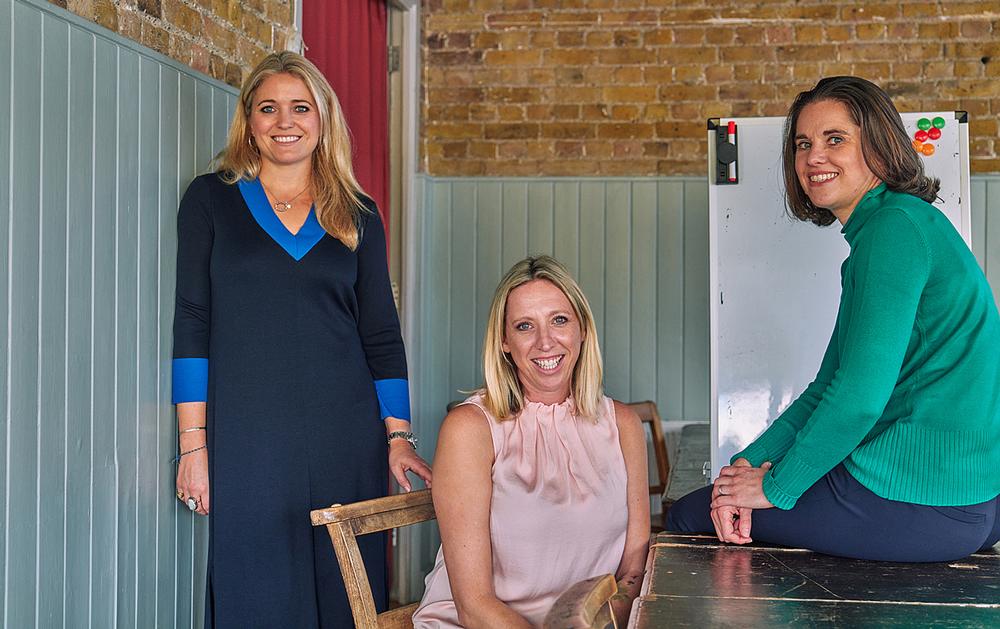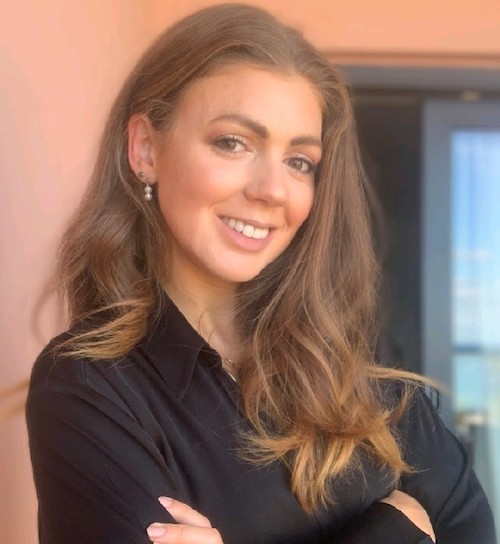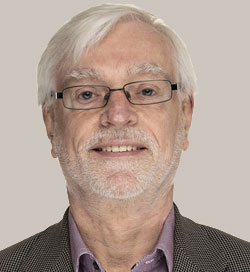Tell us about The Well
We help active women and those who support them gain knowledge and know-how so they can thrive in health, in sport and in life.
Even today, health data doesn’t adequately represent women. Knowledge is stuck and taboos remain. When women train on half-truths and crap science it’s painfully limiting. The Well is here to change that. This is health and training through the female filter.
The three female founders come from the worlds of academia, medicine and sport and collectively Dr Emma Ross, Dr Bella Smith and Baz Moffat are able to support women throughout their life stages with an evidence-based approach that is usable in everyday situations.
What’s your purpose?
We established The Well, because we knew enough to start talking about solutions. We identified three main gaps in this space, the gender data gap (not enough research being carried out exclusively on females), the gender knowledge gap (not enough knowledge about being a female) and the gender communication gap (a lack of confidence on how to start talking about/to females about being female). We knew from our day-to-day work that we could help create a solution to these issues.
The three of us wanted to create content and communities that provided girls, women, coaches, teachers and trainers with the knowledge they needed but also the confidence and guidance to use it in an appropriate way. When we put this information in the hands of many, the change will start to happen which is what we want to be a part of.
What are your goals?
To educate girls and women and those that support them about being female and give them the confidence to use this knowledge. We’re doing this through our content and also through our work with exerciser providers, National Governing Bodies and the media.
What changes are needed in the activity sector to enable women to achieve their potential?
We need to start educating everyone about being female, not just those that want to specialise. At the moment there’s nothing in teacher training, PT training or coach education around training females and when we’ve gone out to talk with the top coaches in the country they agree that education is what will make the biggest difference.
We genuinely feel it’s possible for everyone to know the basics, so that if you work with teenage girls you know what normal puberty is and how to make sure that girls have everything they need during this time, if you’re training midlife women that you understand what perimenopause and menopause is, if you’re training 20-year-olds you have an understanding of how to optimise strength training around their cycle – this is all very, very accessible information, but it’s just not being integrated into training now.
What issues have you identified that need to be resolved?
The main issues are around participation rates in women – and research shows that from the age of five, girls are doing less sport than boys and this trend continues throughout life. Many have accepted these statistics as opposed to working out ways to address this challenge.
The other main issue for us is that many of the barriers for women becoming active are around women’s health – painful periods, leaking urine, having sore breasts, and no physical activity campaigns are addressing these barriers. If we created environments and cultures where these issues were not taboo and women felt that they did not need to hide ‘their’ issues then it’s our belief that more women would show up and stay.
Lastly – there are just not enough women in sport and exercise. There are some absolutely pioneering women doing great things, but this shouldn’t be news! But it is news when a woman coaches a men’s team, or umpires a men’s game, or coaches an Olympic Team, it’s all news. We don’t need more women in sport and exercise so that there can be more ‘period’ talk! We need more women to add different perspectives, life experiences and knowledge.
How long have you known each other and what’s the story of your collaboration?
We haven’t known each other long, but it feels as though we’ve worked together for years.
Baz and Bella started working together in 2019 and Baz read about Dr Emma Ross in The Telegraph and started to work together soon after.
We’re all totally different in terms of our areas of expertise, but we share an unwavering belief that women need to be educated and empowered to make the right choices for them.
What are your different strengths and areas of expertise?
We have a doctor, a scientist and a coach and between us, 60 years of working with women and athletes.
Dr Bella Smith is an NHS GP partner in Suffolk and specialises in women’s health, Dr Emma Ross is sports physiologist and has worked with Olympic and Paralympic teams for 10 years, doing pioneering work in the area of female athlete health, and Baz Moffat was on the GB rowing team for four years and is now a women’s health coach, with a specific interest in the pelvic floor.
Collectively we have it all covered from periods to hormonal contraception, to breast health, female specific sports nutrition, pelvic health and mindset and we love to make sure that even though everything we do is evidence based that everyone gets what we’re talking about!
We are also supported by Propel Teams and their network, which has really helped us to shape our passion into a viable business. They provide us with the business experience we just don’t have, the confidence to dream big and the contacts to make it all happen.








